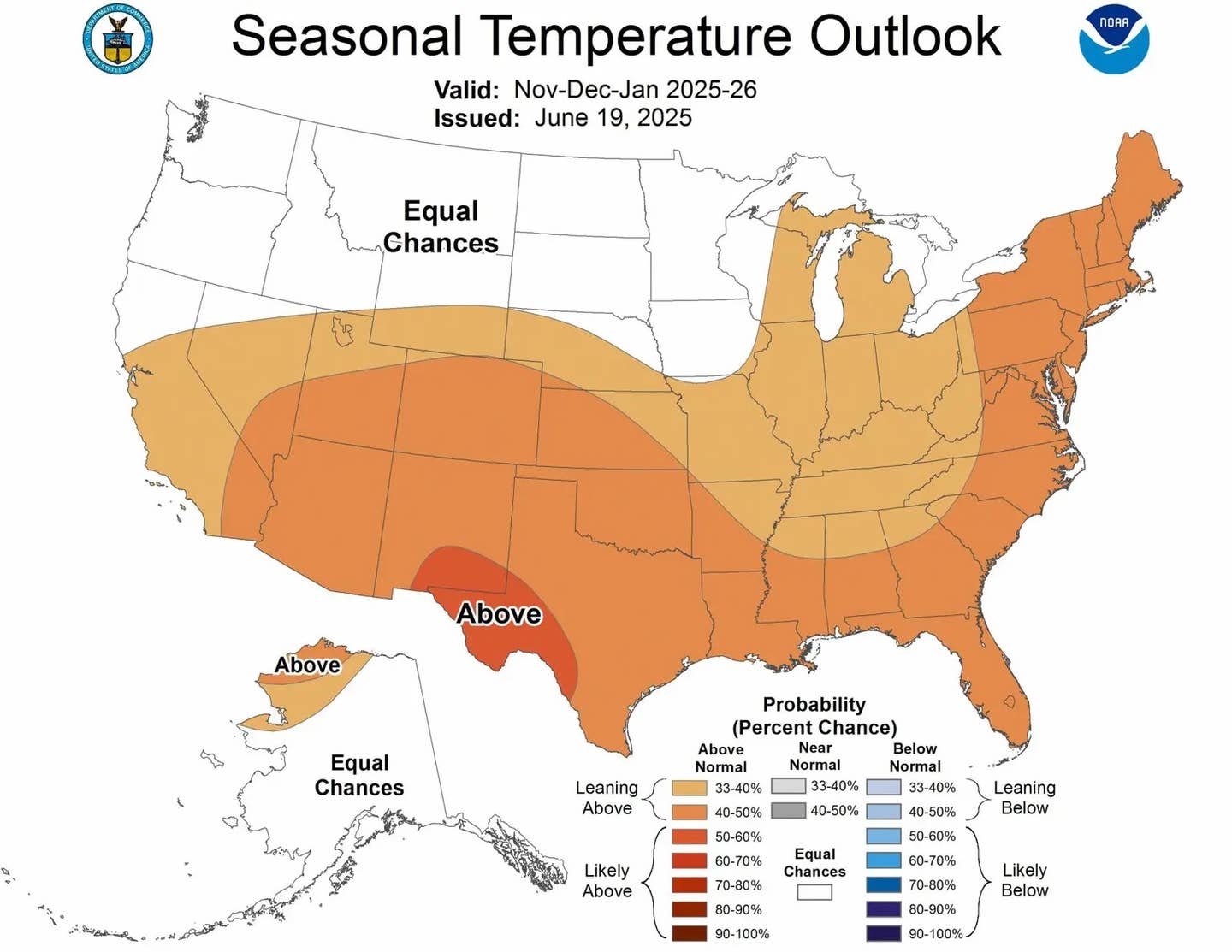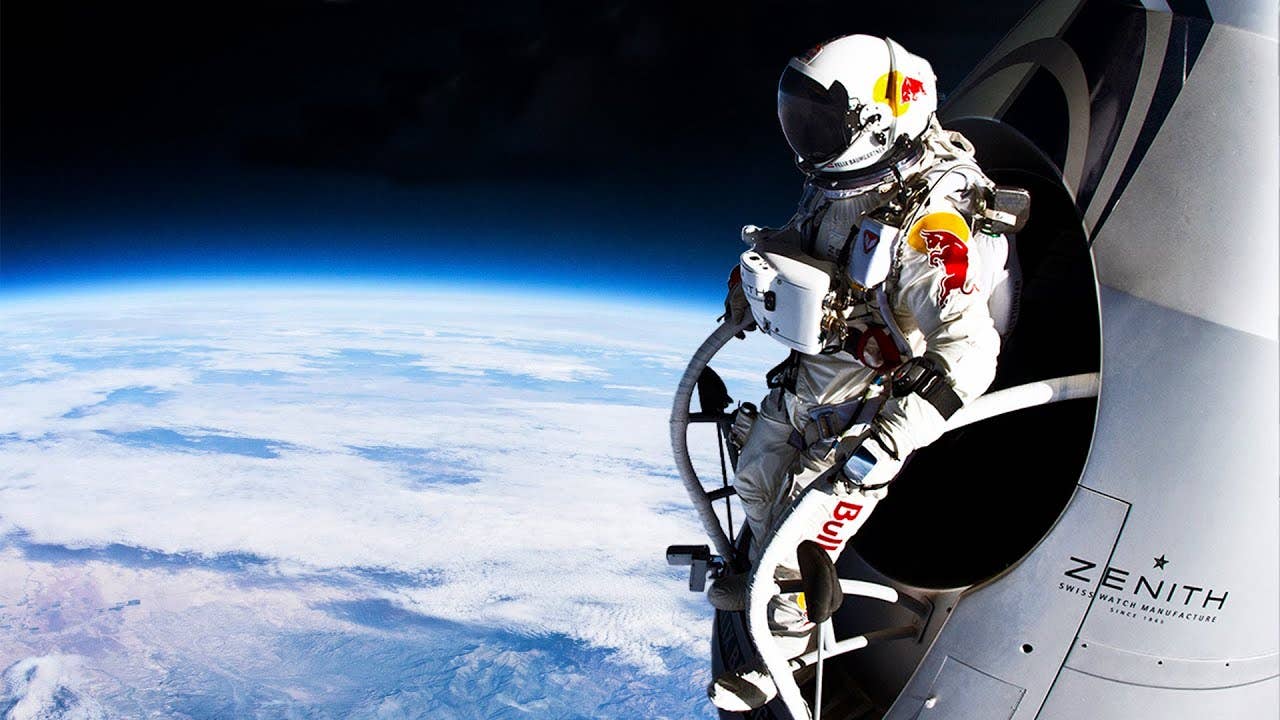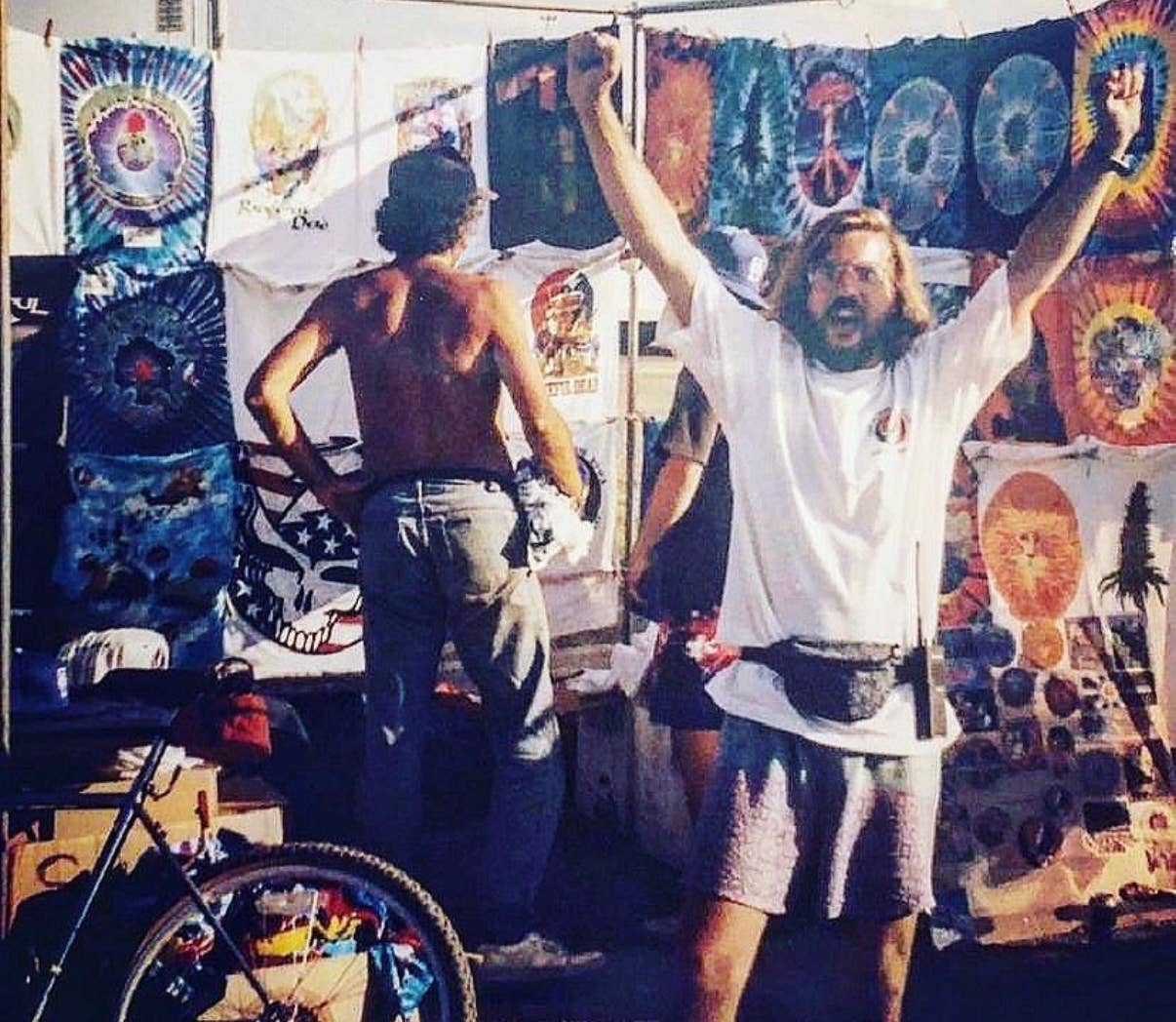Popular Stories
I've thought a lot about my involvement with this accident and the role I played in it. Originally I wanted to give a full breakdown about how this came to be and what happened, but I found myself wanting to give more advice to people who travel in these inherently dangerous areas based on this experience.
My role in this accident was being the first on the scene. When I arrived, Sam was facedown in the snow and seizing from the impact. He had inhaled snow and his airway was blocked. I had to unblock the airway while he was seizing and then provide initial care after the seizures subsided. The following are lessons that I learned that I think you should know if you are traveling in the backcountry.
-Jon Desabris
1) Training is Incredibly Important
When everything goes wrong and you have to react immediately, it’s not the time to try to remember how to safely assess a scene, go through the ABCs, or talk about how to do a beacon search. When shit hits the fan you have to be prepared mentally. Keep up on your first aid certs and avalanche education. If you love and care about the people you are in the mountains with you need to do this out of respect to them. When I came up to Sam during this accident everything that happened from a victim assessment was fortunately second nature.
Every year at TGR we complete the IPRW safety program. This refreshes everyone in first aid, snow science, and rescue. Every training and educational touchpoint allows you to be prepared when everything goes wrong.
2) Know How To Reach Local Search and Rescue
During the accident, Fabian Lentsch knew immediately to call the local Austrian mountain rescue. Within 20 minutes of his crash, we had safety technicians short hauled into the scene and were able to get Sam to safety. This was so valuable because we didn't have to provide long term care to the patient and were quickly able to get Sam to higher-level medical treatment.
Having a rescue situation like this was fortunate and is not always the case when we are on these trips. Sometimes we could be days away from rescue. When traveling in an area, know the limitations of search and rescue, life flight, and emergency services. This should factor into your decisions when in the mountains.
Join Our Newsletter
3) Have the Right Gear
Aside from having the absolute basics (beacon, shovel, probe) in your pack include a first aid kit that you know how to use. When shooting, I have a dry sack with a small first aid kit, bleeding control, emergency bivy, headlamp, and fire-making materials. Be prepared not only mentally but have the right gear. During Sam's accident, we were able to get him off the snow to keep him warm with the emergency bivy.
4) These Accidents Are Emotional and that's Okay
Once we had safely packaged Sam and he flew off in the helicopter the adrenaline of the moment washed over me. I broke down and had to be consoled by other members of the crew. It was an incredibly traumatic experience and in the days and weeks following I was trying to figure out my emotions about this day.
I made the decision with the Head of Production at TGR that the best move for me was to leave the trip and come home to reset. I initially felt some shame that I had to leave the trip. It took about a month for me to come to terms with those feelings and that the pressure I had put on myself was unfair. I sought out friends and co-workers who had been involved in accidents to ask how they dealt with them. It was that community of support that allowed me to get back on the horse and in the field.
If you are involved in an accident like this from either side don't be afraid to reach out or to ask for help with the mental health side. Chances are these are some of the most stressful moments of your life. Talk to friends, therapists, whoever you need in order to get the support you need to move on.
Most of the time, it’s just skiing, but it can quickly turn into much more than that.






